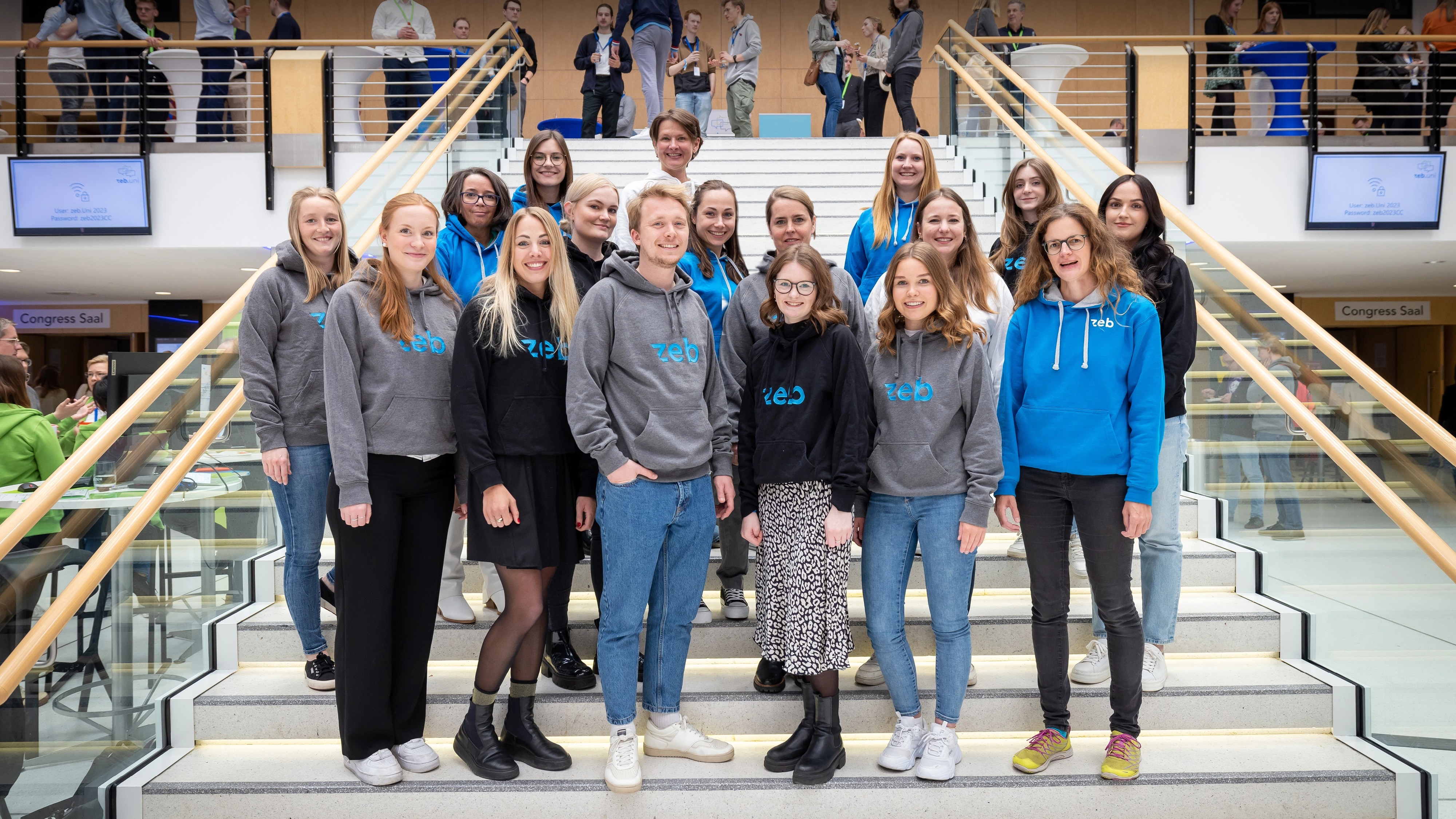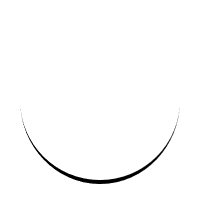

Your CV serves as a showcase for your career. In your CV, you should list all your relevant experience – ranging from your education, internships and student jobs to permanent positions. Job-related voluntary work and social commitment may also be included.
As a rule, your CV should not exceed two pages and should list all relevant experience in reverse chronological order. This means that you start with your most recent professional experience and list your school education and, if applicable, your university studies including graduation grades in chronological order below. You do not need to mention your elementary school.
It is crucial that your CV has a clear and precise structure – this helps others to find relevant information quickly. It also demonstrates your ability to be concise and present important information in a structured way.
Under each stage of your career, you should list two or three keywords to explain your main activities, special training courses or achievements. This will give us a better idea of your experience, as job titles and the associated tasks can vary greatly from company to company. Always make sure that your keywords match the requirements in the job ad and point out why you are especially well suited for the advertised position.
You can list additional qualifications such as certificates, IT/software or foreign language skills in one section. You should also include your contact information and date of birth. Feel free to omit personal information such as your parents’ professions, your religious affiliation or the number of children you have. It is especially helpful if you add your Xing or LinkedIn profile – provided you have an account – with the corresponding link.
Tip: pay special attention to correct spelling and ask someone you know to proofread your CV before sending it off.
More blog posts
Any questions about your career opportunities?
Then contact our Talent Attraction team here. We look forward to talking to you.

 en
en



















